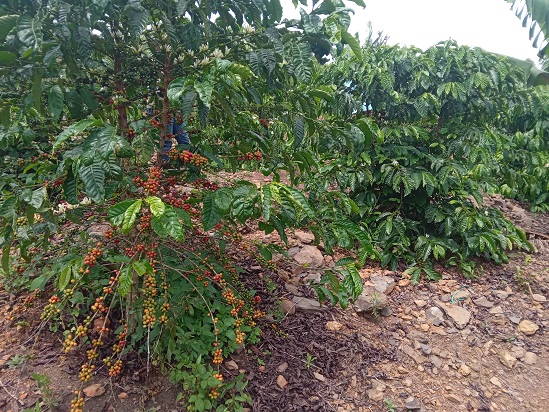Members from Uganda Cooperative Alliance Limited appearing before Parliament’s Finance Committee
The Savings and Credit Cooperative Societies (SACCOs) have called on Parliament to end the confusion in their sector where three agencies in Government are seeking to regulate and have control over their activities.
The call was made by Ivan Asiimwe, General Secretary Uganda Cooperative Alliance Limited, while appearing before Parliament’s Finance Committee to give views of on the proposal by Government to increase the share capital requirement under the Micro-Finance Deposit-taking Institutions (Revision of Minimum Capital Requirement Instrument, 2022 for tier three financial institutions.
“For us as Cooperatives, farmers in Uganda which are now close to 50,000 Cooperatives serving over 15 million Ugandans, we want a single regulator the way it is in Kenya. So why would you have SACCOs in Bank of Uganda, you have SACCOs under Uganda Microfinance Regulatory Authority (UMRA) then you also have SACCOs under the Ministry of Trade? Why don’t you create one body like it is in Kenya?” asked Asiimwe.
Paul Omara (Otuke County) however backed the involvement of Bank of Uganda into the supervision of SACCOs saying this is intended to streamline with the requirements in the international financial sector and is geared towards fighting money laundering, after information emerged that some people have now turned to launder money through SACCOs because of the minimal supervision by the central Bank, and it is about time the SACCOs whose funds are more than commercial banks were brought into Bank of Uganda.
He explained, “Where the international systems are, they are looking at the Microfinance lending and those who are under cover, they are actually saying a lot of money laundering activities are taking place, no longer in banks, but in these small areas. So any action from Bank of Uganda is to protect the country from being blacklisted. Bank of Uganda is now saying, big monies should come under our supervision. So that we see what is this money doing, who is involved”
Omara added by pointing at UPDF Wazalendo SACCOs whose share capital he claimed is to a tune of Shs800Bn, funds that are more than some commercial banks hold stating, “What bank of Uganda is saying that the big fat cats that walks like a bank, behaves like a bank, come here, so that we manage what is happening there.”
Basil Bataringaya (Kashari North) asked the managers of SACCOs to explain why they are hesitant to moving to tier 3 or tier 2 yet they have the capital share to move to those groups asking, “Microfinance Institutions shy to grow to bigger levels, because when we talk about increasing the base, it has caused issues but I know there are many that can afford that level. Why don’t they want to grow from one level to another, what is hidden in there?”
Henry Mpindi, Finance Manager, Association of Microfinance Institutions of Uganda informed the Finance Committee that the high capital requirement could explain the hesitancy, because even if it is still at Shs500M, some are struggling to raise it and while the village SACCOs are at times being managed by people without academic qualifications but only rely on mutual trust they have in their leaders.
“Most of the funds we are using is borrowed funds which we are supposed to pay interest, so access to credit by these institutions isn’t a guarantee. In terms of Human Resource, Bank of Uganda has minimum salary for the staff that is required which these small institutions can’t afford. They can afford to use a Diploma holder whereas in Bank of Uganda, you would require someone who is well qualified with an expensive salary,” he said.
Emely Kugonza (Buyanja East) expressed interest in the issue raised on multiple regulators, saying the current practice creates fatigue within the sector and may stifle growth of SACCOs.





